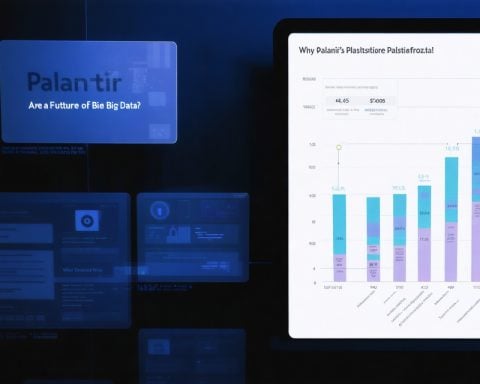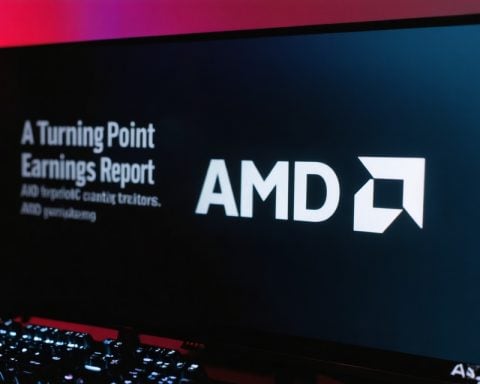As 2025 approaches, up-and-coming chip startups are plotting ambitious strategies to challenge the dominance of Nvidia in the artificial intelligence space. These companies are planning a series of tactical advancements, aiming to carve out their niche in a market heavily dominated by a single major player.
Diversifying Product Offerings
Several chip startups are committed to expanding their product ranges to meet evolving AI demands. By introducing a variety of innovative chips designed for different aspects of AI processing, they aim to capture a broader segment of the market.
Investing in Cutting-Edge Research
A major focus for these companies is investing heavily in research and development. They are channeling substantial resources into cutting-edge technology, seeking breakthroughs that could disrupt the status quo and offer competitive alternatives to Nvidia’s current offerings.
Forming Strategic Partnerships
Some startups are actively seeking strategic alliances with industry leaders and tech giants to leverage existing infrastructure and expertise. These collaborations are expected to expedite their growth and enhance their technological capabilities, providing them a competitive edge.
Strengthening Supply Chains
Ensuring a robust and efficient supply chain is another critical resolution. Startups are working on securing reliable component suppliers and optimizing their manufacturing processes to avoid setbacks and maintain steady production lines.
In conclusion, the new year holds exciting potential for chip startups as they gear up to challenge Nvidia. Through diversified products, groundbreaking research, collaborative efforts, and efficient supply chains, these companies are preparing for a transformative presence in the AI industry by 2025.
Chip Startups Set to Revolutionize AI Industry: What’s Next?
The quest to challenge Nvidia’s stronghold in the AI sector is driving a new wave of innovation and strategic maneuvering among emerging chip startups. As 2025 draws near, these companies are positioning themselves to capture a significant share of the AI hardware market through various innovative approaches and strategic partnerships.
Emerging Trends in AI Chip Development
A key trend among these startups is the diversification of product offerings. By creating a range of chips tailored to different AI needs—such as machine learning, neural networks, and edge computing—these companies aim to address more specific and diverse market requirements. This strategic diversification is designed to appeal to a broader customer base, thereby increasing market penetration.
Focus on Research and Development (R&D) Innovations
R&D continues to be a pillar of growth and innovation for these startups. Companies are making significant investments in developing cutting-edge technologies that could revolutionize AI chip design. This includes exploring new materials, improving energy efficiency, and enhancing processing power to offer viable alternatives to Nvidia’s lineup. These R&D efforts are expected to yield breakthroughs that may redefine performance standards in the AI industry.
Strategic Partnerships for Accelerated Growth
The landscape of AI technology is increasingly collaborative. Many startups are forming strategic partnerships with established tech leaders to share resources, expertise, and infrastructure. These alliances not only foster innovation but also accelerate the time-to-market for new chip technologies. Such collaborations can provide startups with the competitive edge needed to establish a foothold in the AI market.
Enhanced Supply Chain Strategies
Another critical focus area is strengthening supply chains. Startups are actively working on securing reliable supplier networks to ensure the availability of key components. By optimizing manufacturing processes and establishing robust supply chain networks, these companies aim to safeguard against production disruptions and enable consistent delivery of their products.
Predictions and Market Insights for 2025
Experts predict that by 2025, the AI chip market will be more diversified, with increased competition driving technological advancements. This competition is likely to lead to innovations not just in performance but also in sustainability, as environmentally friendly practices become a central consideration. The competitive landscape may foster lower prices, increased accessibility, and improved energy-efficient chip solutions.
For further insights into the technology market and emerging trends, visit TechRadar.
In summary, as chip startups vigorously pursue diversified product offerings, invest in R&D, form strategic partnerships, and strengthen supply chains, they are well-poised to make a significant impact on the AI industry by 2025. These efforts are expected to propel the industry forward, breaking new ground and creating a dynamic competitive environment.

















